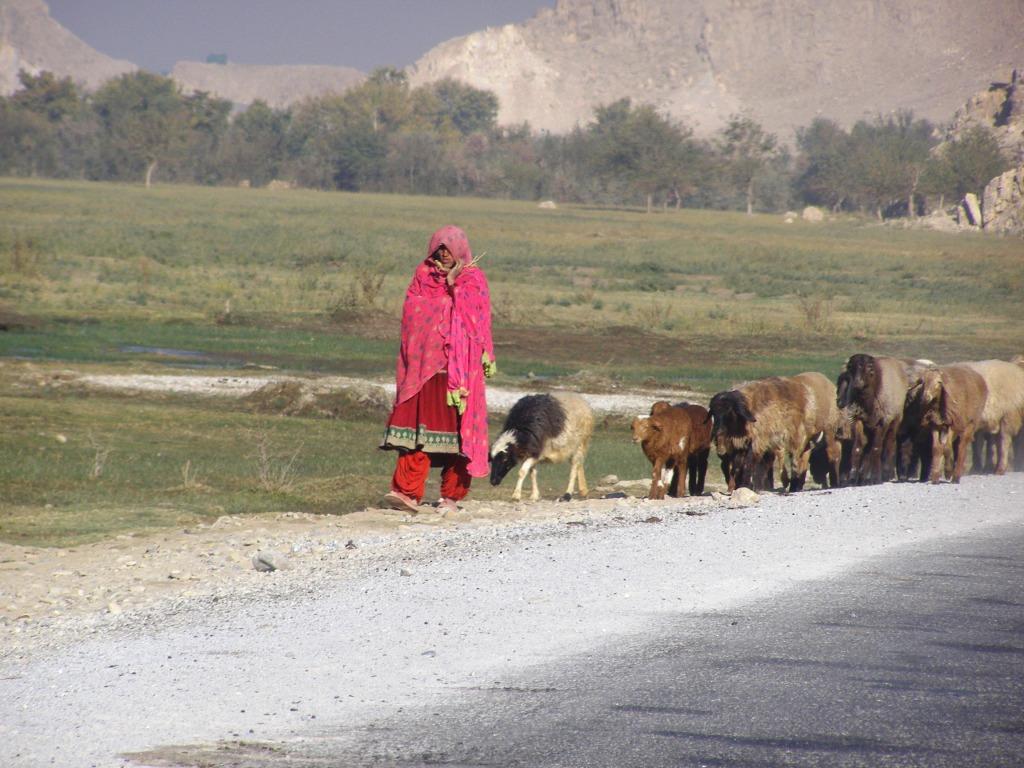Immaculata News
New class explores Crossroads of Culture, History in Afghanistan
Tags: cybersecurity history leadership

At the crossroads of Central, South and Southwest Asia, Afghanistan has a diverse population of nearly 40 million people. Afghanistan and its citizens are not much different than you and I. Over the past two decades with U.S. military support, more children, including girls, attended school and women and minorities entered the workforce. In Kabul, the nation’s capital and largest city, you can visit the historical Gardens of Babur, which was built in 1528. Until recently, the Darul Aman Palace, that sat in ruins on the outskirts of Kabul, served as a significant symbol of the country’s seemingly endless wars. However, you can now tour the fully restored palace, whose name translates to Abode of Peace.
George M. Schwartz ’17 Ed.D., assistant professor of leadership at Immaculata University, spent all of 2007 in Afghanistan. During his time there, he commanded a team of American and French advisers embedded with an Afghan National Army Brigade of about 2,400 soldiers. Schwartz was mostly stationed in northeastern Afghanistan, where Kabul and Jalalabad are located.
“Afghanistan has been wracked by war and violence for more than 40 years, and even though I went there as a soldier myself, I had a rare opportunity to see much of the country and get to know the people,” Schwartz reflects.
With his first-hand knowledge of and appreciation for the people, culture and traditions of Afghans, Schwartz created a three-credit history class for the fall semester, Afghanistan: Crossroads of Culture and History. Schwartz began preparing for the course in spring as the 20th anniversary of 9/11 and the U.S. withdrawal from Afghanistan were approaching.
“Afghanistan has been wracked by war and violence for more than 40 years, and even though I went there as a soldier myself, I had a rare opportunity to see much of the country and get to know the people,” Schwartz reflects.
Schwartz created the course so that students can be better informed about the Afghan people. For most undergraduate students, America has been waging a war in Afghanistan for their entire lives.
Cybersecurity major Helen Orth ’22 decided to enroll in the class because her father spent time in Afghanistan. She also realized that she didn’t know very much about the country other than the war against the Taliban after 9/11. Although Orth is interested in learning about the war and Al-Qaida, she is equally fascinated to explore what Afghanistan was like before 2001.
“I am excited to learn more about the culture because I imagine it is a lot different from what I know,” Helen anticipates.
The course examines the rich history of Afghanistan and its diverse people from the time of Alexander the Great to the modern era. The class will also explore the U.S. involvement in the war and the withdrawal from the country, essentially ending the so-called “forever war.”
Specific topics covered during the course include the exploration of Afghanistan history and how that has shaped its place in regional and global affairs; recognition of the dimensions of Afghan culture and the people while comparing it with western society; and identification of possible future scenarios for the country and the challenges that it might create for the world. Throughout the semester, experts will present to the 13 students enrolled in the class—one on the U.S. military operations and another speaker on the future of Afghanistan. In week 9, students will enjoy an authentic Afghan meal.
Although many traditions, cultural preferences and religious and political views differ between Americans and Afghans, an important lesson that Schwartz wants his students to understand is that Afghans are much like Americans. “They are part of a diverse society. They just want to live in peace and security, and they want a better life for their children,” he adds.